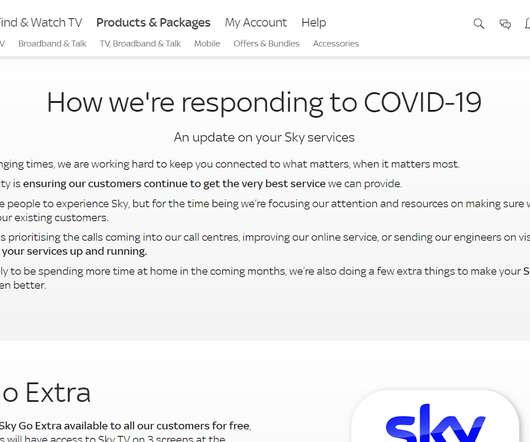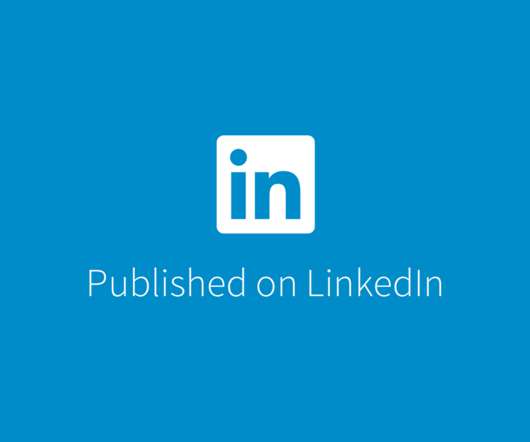Should Founders Be Allowed to Take Money off the Table?
Both Sides of the Table
SEPTEMBER 2, 2009
If a company has reached a level of success, has been around for a few years and you believe the company has potential to break out into a much bigger company then you should let the founders take money off of the table. Founders however are asked to take low salaries and never really get back the time they worked for free.














Let's personalize your content